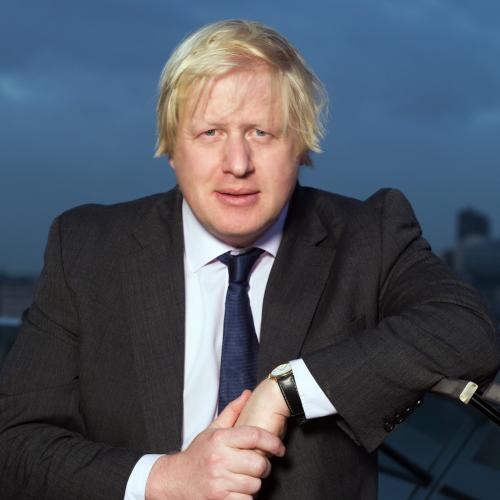Boris Johnson – Personal Statement in the House of Commons
The statement made by Boris Johnson, the Prime Minister, in the House of Commons on 19 April 2022.
With permission, Mr Speaker, I will update the House on the Government’s response to events at home and abroad during the Easter recess.
I will come to Ukraine in a moment, since I have just left a virtual meeting with President Biden, President Macron, Chancellor Scholz and eight other world leaders, but let me begin in all humility by saying that on 12 April, I received a fixed penalty notice relating to an event in Downing Street on 19 June 2020. I paid the fine immediately and I offered the British people a full apology, and I take this opportunity, on the first available sitting day, to repeat my wholehearted apology to the House. As soon as I received the notice, I acknowledged the hurt and the anger, and I said that people had a right to expect better of their Prime Minister, and I repeat that again in the House now.
Let me also say—not by way of mitigation or excuse, but purely because it explains my previous words in this House—that it did not occur to me, then or subsequently, that a gathering in the Cabinet Room just before a vital meeting on covid strategy could amount to a breach of the rules. I repeat: that was my mistake and I apologise for it unreservedly. I respect the outcome of the police’s investigation, which is still under way. I can only say that I will respect their decision making and always take the appropriate steps. As the House will know, I have already taken significant steps to change the way things work in No. 10.
It is precisely because I know that so many people are angry and disappointed that I feel an even greater sense of obligation to deliver on the priorities of the British people and to respond in the best traditions of our country to Putin’s barbaric onslaught against Ukraine. Our Ukrainian friends are fighting for the life of their nation, and they achieved the greatest feat of arms of the 21st century by repelling the Russian assault on Kyiv. The whole House will share my admiration for their heroism and courage.
Putin arrogantly assumed that he would capture Kyiv in a matter of days, and now the blackened carcases of his tanks and heavy armour litter the approaches to the capital on both banks of the Dnieper and are smouldering monuments to his failure. Having pulverised the invader’s armoured spearheads, the Ukrainians then counter-attacked. By 6 April, Putin had been compelled to withdraw his forces from the entire Kyiv region. Britain and our allies supplied some of the weaponry, but it was Ukrainian valour and sacrifice that saved their capital.
I travelled to Kyiv myself on 9 April—the first G7 leader to visit since the invasion—and I spent four hours with President Volodymyr Zelensky, the indomitable leader of a nation fighting for survival, who gives the roar of a lion-hearted people. I assured him of the implacable resolve of the United Kingdom, shared across this House, to join with our allies and give his brave people the weapons that they need to defend themselves. When the President and I went for an impromptu walk through central Kyiv, we happened upon a man who immediately expressed his love for Britain and the British people. He was generous enough to say—quite unprompted, I should reassure the House—“I will tell my children and grandchildren they must always remember that Britain helped us.”
But the urgency is even greater now because Putin has regrouped his forces and launched a new offensive in the Donbas. We knew that this danger would come. When I welcomed President Duda of Poland to Downing Street on 7 April and Chancellor Scholz the following day, we discussed exactly how we could provide the arms that Ukraine would desperately need to counter Putin’s next onslaught. On 12 April, I spoke to President Biden to brief him on my visit to Kyiv and how we will intensify our support for President Zelensky. I proposed that our long-term goal must be to strengthen and fortify Ukraine to the point where Russia will never dare to invade again.
Just as our foreign policy must look to the long term, the same is true of this Government’s domestic priorities. As we face the economic aftershocks of covid and the consequences of Russian aggression, that is above all about tackling the impact on British energy prices, on consumers and on family bills. That is why we are spending over £9 billion to help families struggling with their bills and we are helping families to insulate their homes and reduce costs. To end our dependence on Putin’s oil and gas and to ensure that energy is cheaper in the long term, we published on 7 April a new strategy to make British energy greener, more affordable and more secure. We will massively expand offshore wind and—in the country that split the atom—we will build a new reactor not every decade, but every year.
This Government are joining with our allies to face down Putin’s aggression abroad while addressing the toughest problems at home, helping millions of families with the cost of living, making our streets safer and funding the NHS to clear the covid backlog. My job is to work every day to make the British people safer, more secure and more prosperous, and that is what I will continue to do. I commend this statement to the House.

